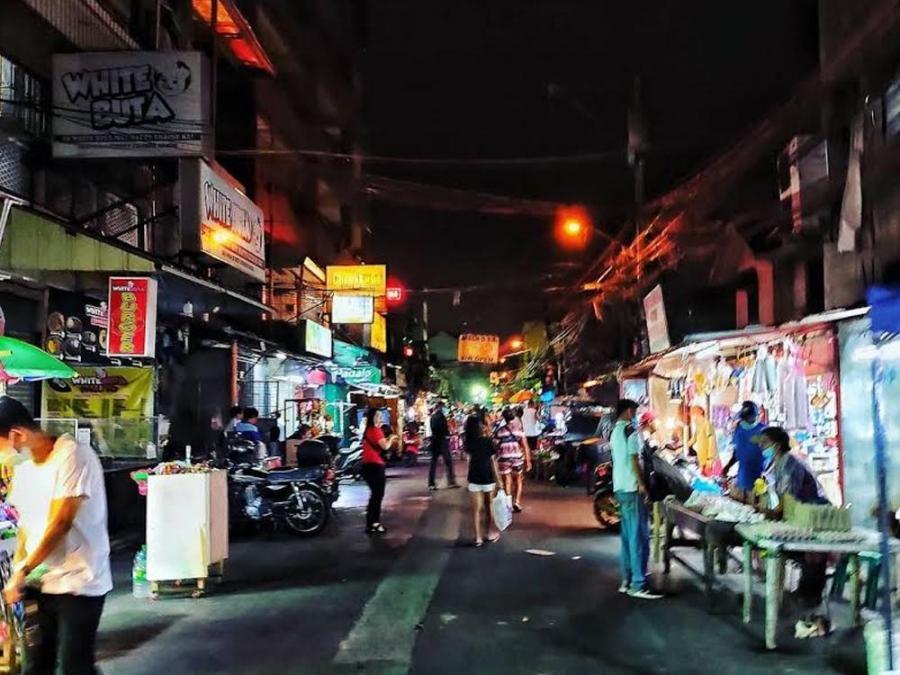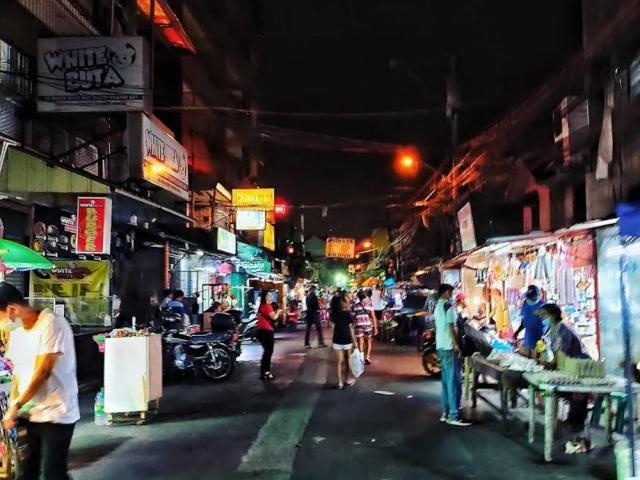

Traveling outside Metro Manila? What you need to know about the latest IATF guidelines
Around GMA
Around GMA
LTO summons pick-up driver who ran over, killed girl in Ilocos Sur Lalaki patay sang gintiro sang gwardiya nga iya ginbuno sa Barotac Nuevo | One Western Visayas Philippine flag carrier celebrates 85th anniversary with new aircraftArticle Inside Page
Showbiz News
The new measures came in the wake of surging COVID-19 new cases recorded in the country this month.
The Inter-Agency Task Force on Emerging Infectious Diseases (IATF) has released new measures in the hope of quelling rising cases of COVID-19 in the country.
The new guidelines are enforced starting today, March 22, until April 4.
As a result, Metro Manila and the provinces of Bulacan, Cavite, Laguna, and Rizal are placed under General Community Quarantine (GCQ).
Non-essential cross-border travel and mass gatherings are effectively prohibited as stipulated in the guidelines.
The Philippine Airlines (PAL) has already issued a statement saying that domestic leisure passengers won't be entertained throughout the mentioned period.
However, passengers traveling from and to Metro Manila who are going home and not traveling for leisure are allowed to do so.
Here is a summary of the restrictions for the covered areas under the new guidelines:
- Only individuals aged 18 to 65 will be allowed outside. Those aged below 18 and over 65, and those with health risks, pregnant, or with immunodeficiencies are required to remain in residences.
- People over 65 may be allowed to venture outside for outdoor exercise and non-contact sports. Those with disability may also be allowed outside for medical reasons like therapy and are required to present a prescription or PWD ID.
- Only essential travel in and out of the affected areas will be allowed. Public transportation will continue to operate and subject to the guidelines of the Department of Transportation (DOTr). The public are encouraged to use alternative or active transportation such as bicycles.
- Visiting other households is strongly discouraged. Wearing of face masks is encouraged even at home.
- Common curfew is implemented from 10:00 p.m. to 5:00 a.m. Workers, cargo vehicles, and public transportation are exempted.
- All mass gatherings, including religious gatherings, will be prohibited. Face-to-face meetings are highly discouraged, virtual meetings are encouraged.
- Weddings, baptisms, and funeral services are limited to 10 people.
- Operational capacities of essential and non-essential services and industries will be maintained and subject to safety protocols and minimum public health standards, with 30 to 50 percent operational or on-site capacity where applicable. Personal care service establishments are limited to 50 percent of venue capacity.
- Dine-in restaurants, cafes, and establishments are limited to delivery only. Take-out and al fresco dining are allowed. It's worth noting that engineering and administrative controls, such as dividers, limiting diners to two per table sitting diagonally and a seat apart, is required for al fresco dining. Likewise, al fresco dinning is limited to only 50 percent capacity.
- Driving schools, traditional cinemas, video, and interactive game arcades, libraries, archives, museums, and cultural centers, limited social events at DOT-accredited establishments are temporarily suspended. Meanwhile, open-air tourist attractions are exempted.
- Cockfighting and cockpit operations are suspended under modified general community quarantine (MGCQ).
COVID-19 cases in the Philippines have risen to alarming levels this month.
The country tallied 7,757 new cases yesterday, marking the third day that the country has recorded more than 7,000 cases in a single day.